Meghan Harder’s art works at themes of political, social and environmental issues, using mixed media, public installations, interventions and performance.
At Box 13—a series of events that use repurposed industrial spaces around the Waterloo Region for an annual weekend of art viewing and sales—she presented photographs of some of her installations and performances.
Her work focuses on a potential dystopian future where knowledge of living without current technological/commercial supports will be necessary. Tapping into the “micro-library” movement, one of her installations was a library box in a park. But instead of novels or histories, it was full of books on gardening, living off the land and building a shelter out of available resources.
Another installation/performance pictures Harder in a “human-nest” in the park (see the photo above.) Based on an eagle/heron nest, her platform is large enough for a human to perch on and live in. She wonders how humans would—or will—live if their possessions and supports are taken away from them.
Harder grew up attending St. Catharines (Ont.) United Mennonite Church. She now lives in Kitchener in a new intentional community called the Walnut Project. The house is owned by Stirling Avenue Mennonite Church and the young adults there pay full rent to help offset the reduced rents paid by those using Stirling’s other properties, many of them refugees.
Household members tried their hand at gardening, but the walnut tree in the backyard has given them constraints. Working at jobs has also created constraints they hadn’t expected, as their time for community involvements, such as the Out of the Cold program that provides meals and shelter for homeless people in Waterloo Region, is decreased.
As a Mennonite, Harder is glad that Mennonite Church Canada is looking into other art media than its traditional fixation on music alone.
“Mennonites have underestimated the power of the aesthetic,” she says. “Sometimes visual communication can be just as powerful as talking or singing a hymn.”
–Posted Jan. 29, 2014


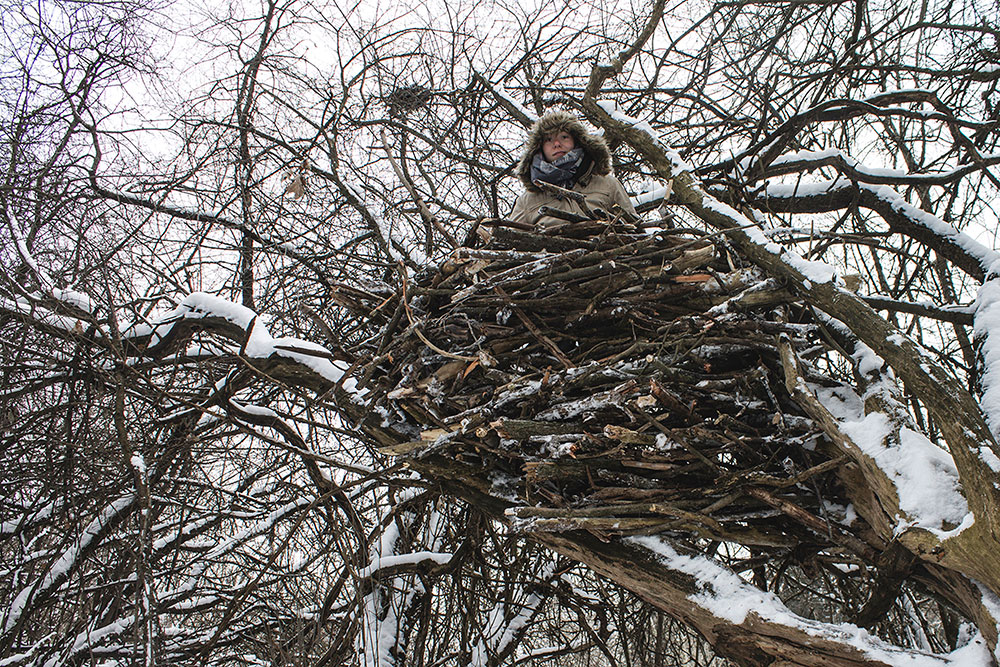
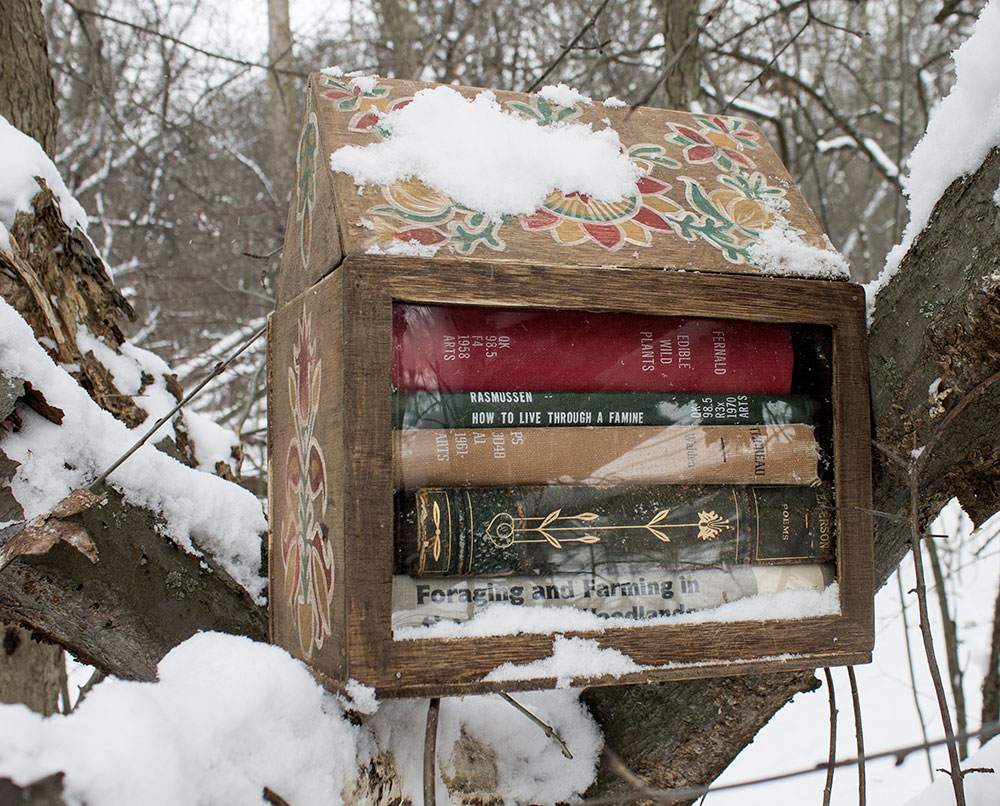
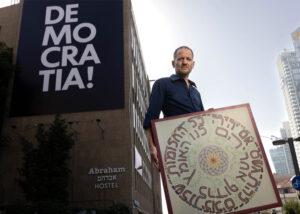
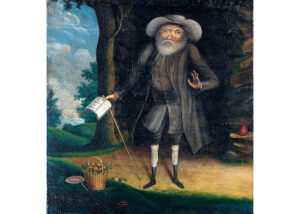
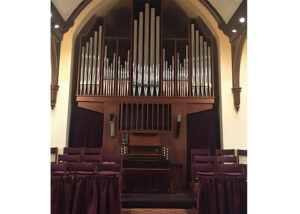
Leave a Reply
You must be logged in to post a comment.